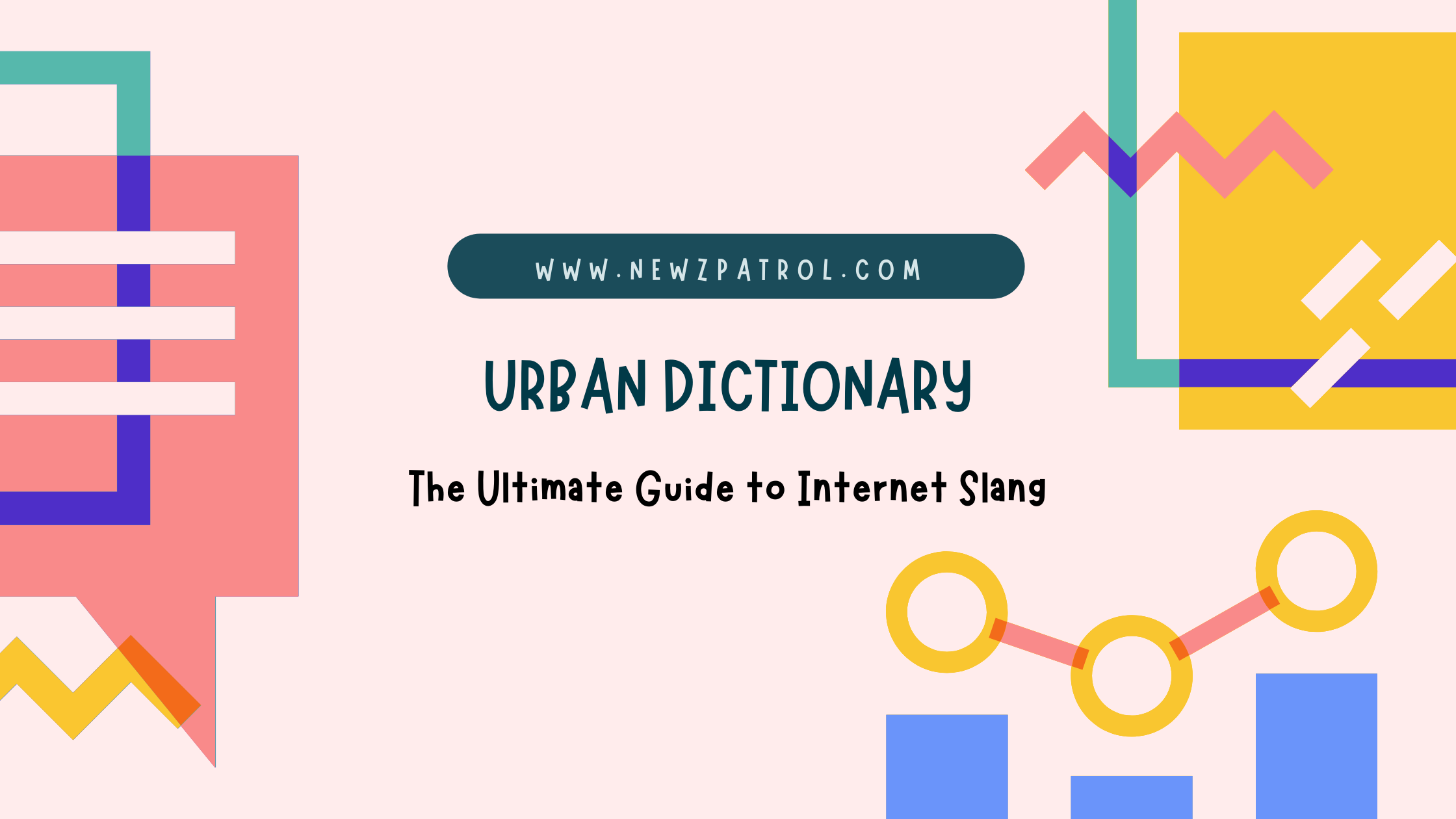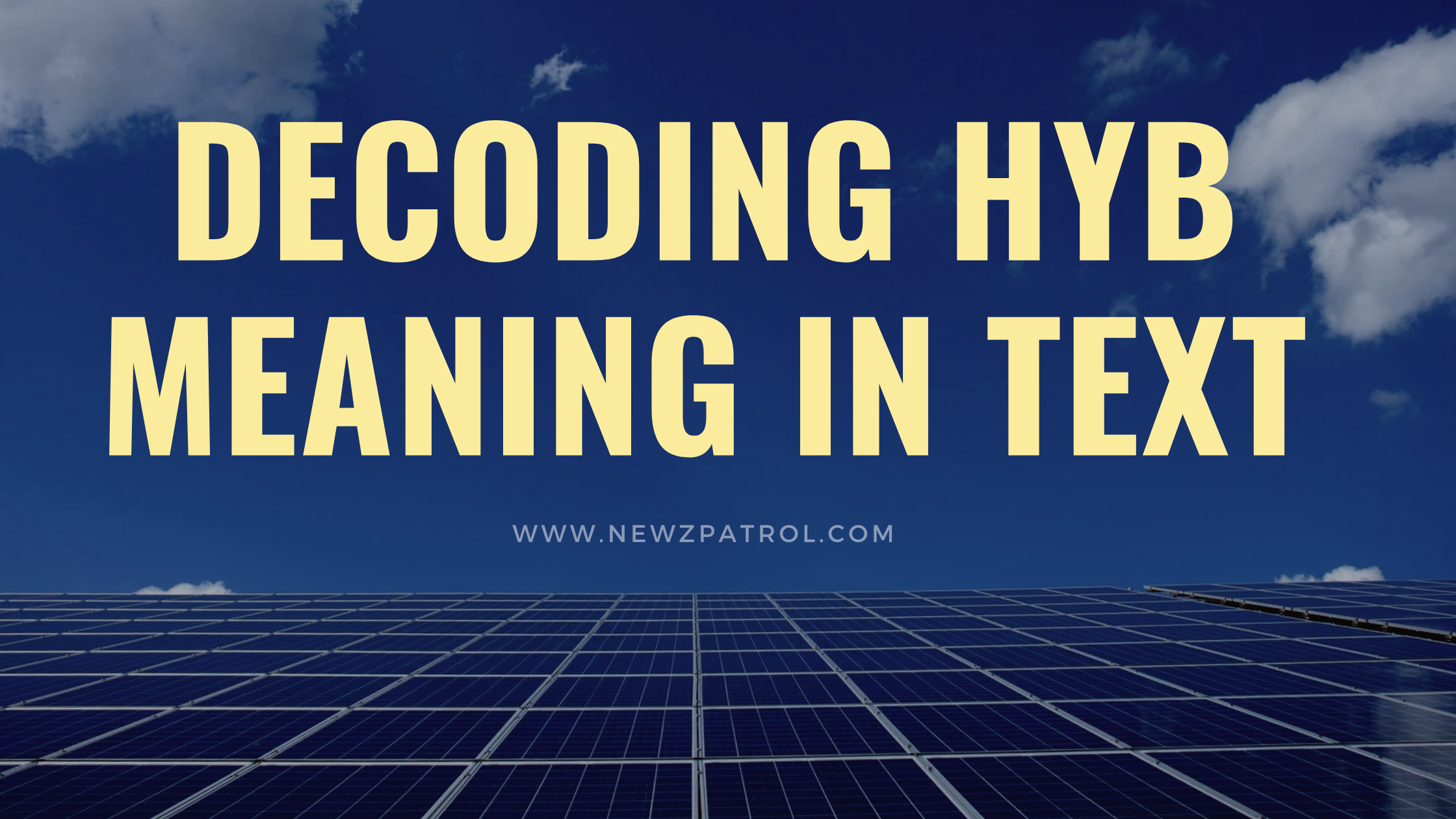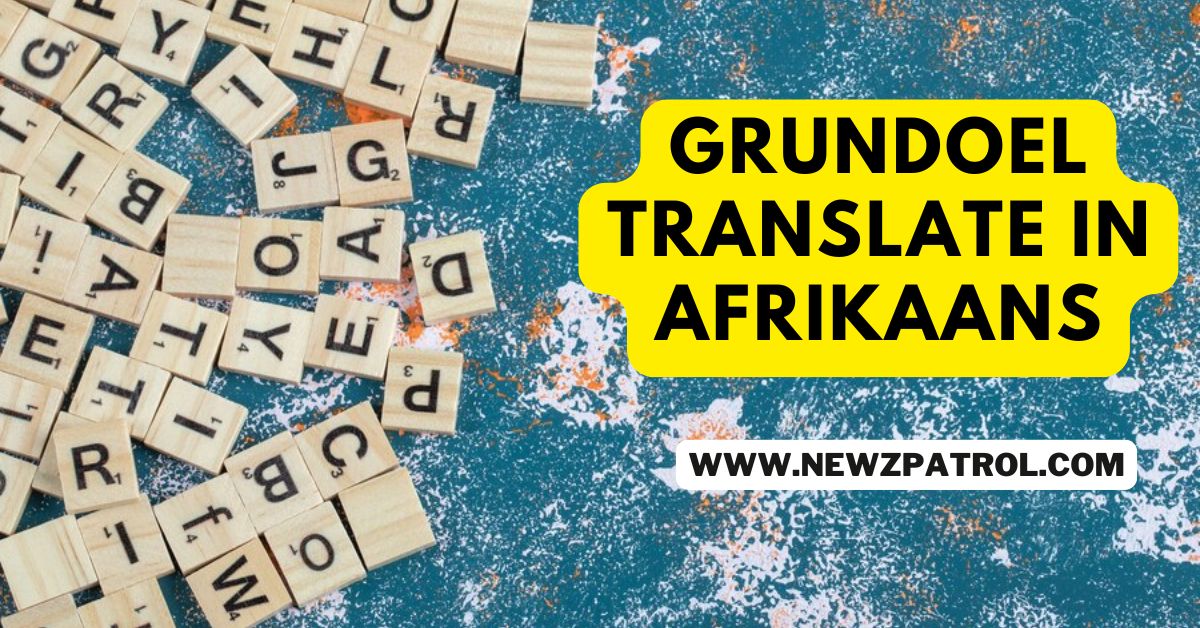The internet has transformed the way we communicate, creating new words and phrases that evolve daily. One of the best places to keep up with these changes is Urban Dictionary. This online platform is a user-driven dictionary that provides definitions for slang, pop culture references, and even everyday phrases with a humorous or informal twist.
In this article, we’ll explore what Urban Dictionary is, how it works, its impact on language, and why it has remained popular over the years.
What is Urban Dictionary?
Urban Dictionary is an online dictionary that collects and defines slang terms, internet jargon, and cultural phrases. Unlike traditional dictionaries like Oxford or Merriam-Webster, this platform allows users to submit and edit definitions, making it a crowdsourced database of modern language.
Launched in 1999 by Aaron Peckham, Urban Dictionary started as a fun way to catalog slang words used by college students. Over time, it grew into a massive resource where users define everything from local sayings to trending internet memes.
How Does Urban Dictionary Work?
1. User-Generated Content
Anyone can submit a definition on UrbanDictionary. Users write their interpretations of words or phrases, and other users vote on them. The most popular definitions appear at the top of the page.
2. Voting System
Unlike traditional dictionaries, which rely on linguists and researchers, Urban Dictionary relies on user feedback. If a definition gets more upvotes, it becomes the top result for that term. However, if users dislike a definition, they can downvote it, pushing it lower in the rankings.
3. Humor & Creativity
One of the reasons Urban Dictionary stands out is its humor. Definitions often contain sarcasm, exaggeration, or personal experiences, making them entertaining rather than strictly informative.
4. Daily Word Feature
Each day, Urban Dictionary highlights a “Word of the Day,” showcasing a trending or interesting slang term. This feature keeps the site fresh and encourages users to explore new words.
Why is Urban Dictionary Popular?
1. Reflects Modern Language
Unlike traditional dictionaries, which take years to add new words, UrbanDictionary can define a phrase within hours. This makes it a real-time reflection of how people speak today.
2. Pop Culture Relevance
From TikTok trends to viral memes, Urban Dictionary keeps up with the latest internet culture. Whether it’s a phrase from a famous tweet or a reference from a TV show, you’ll likely find it on the site.
3. No Censorship
Unlike mainstream dictionaries, which maintain formal language rules, UrbanDictionary allows explicit and controversial terms. While this makes it unfiltered, it also means some definitions can be offensive or inappropriate.
4. Useful for Understanding Slang
For those struggling to keep up with new slang, UrbanDictionary is an invaluable tool. Parents, teachers, and even law enforcement officers use the platform to decode modern expressions.
The Impact of Urban Dictionary on Language
1. Slang Preservation
Many words that originate in specific communities or subcultures fade over time. Urban Dictionary acts as an archive, preserving slang that might otherwise be forgotten.
2. Influencing Mainstream Dictionaries
Believe it or not, some words first defined on UrbanDictionary have made their way into official dictionaries. For example, terms like “selfie” and “binge-watch” gained recognition partly due to their popularity online.
3. Expanding Language Boundaries
Because anyone can contribute, Urban Dictionary includes definitions from around the world, capturing dialects and phrases that traditional dictionaries often overlook.
Common Uses of Urban Dictionary
1. Understanding Internet Culture
If you’ve ever come across a phrase like “simp,” “ghosting,” or “gaslighting” and didn’t know what it meant, Urban Dictionary can provide a clear (and often humorous) explanation.
2. Decoding Text Messages
With texting and social media filled with abbreviations like “TBH” (to be honest) or “GOAT” (greatest of all time), UrbanDictionary helps people understand what their friends or coworkers are saying.
3. Creating New Terms
Many people use UrbanDictionary to coin new phrases. If a definition gains popularity, it might spread across social media and become widely recognized.
4. Entertainment
Even if you’re not looking for a definition, browsing UrbanDictionary can be entertaining. Many submissions are humorous, making it a fun way to pass the time.
Controversies and Criticism
Despite its popularity, Urban Dictionary has faced criticism over the years. Some common concerns include:
- Inappropriate Content – Because it has little moderation, some definitions contain offensive or explicit language.
- Misinformation – Since anyone can submit definitions, some words may have incorrect or misleading explanations.
- Trolling & Harassment – Some users create definitions to mock individuals, celebrities, or specific groups, leading to criticism of the platform’s lack of oversight.
How to Use Urban Dictionary Responsibly
While UrbanDictionary is a great resource, it’s important to use it wisely. Here are some tips:
- Check Multiple Definitions – Don’t rely on just the top definition; scroll down to see alternative meanings.
- Consider the Context – Some words have different meanings depending on how they’re used.
- Be Aware of Bias – Since definitions are user-generated, some may reflect personal opinions rather than facts.
Conclusion
Urban Dictionary is more than just an online slang dictionary—it’s a reflection of modern language, internet culture, and humor. Whether you’re trying to keep up with new trends, understand a meme, or just have fun, UrbanDictionary is a valuable tool. However, like any crowdsourced platform, it’s essential to approach it with critical thinking and an open mind.











